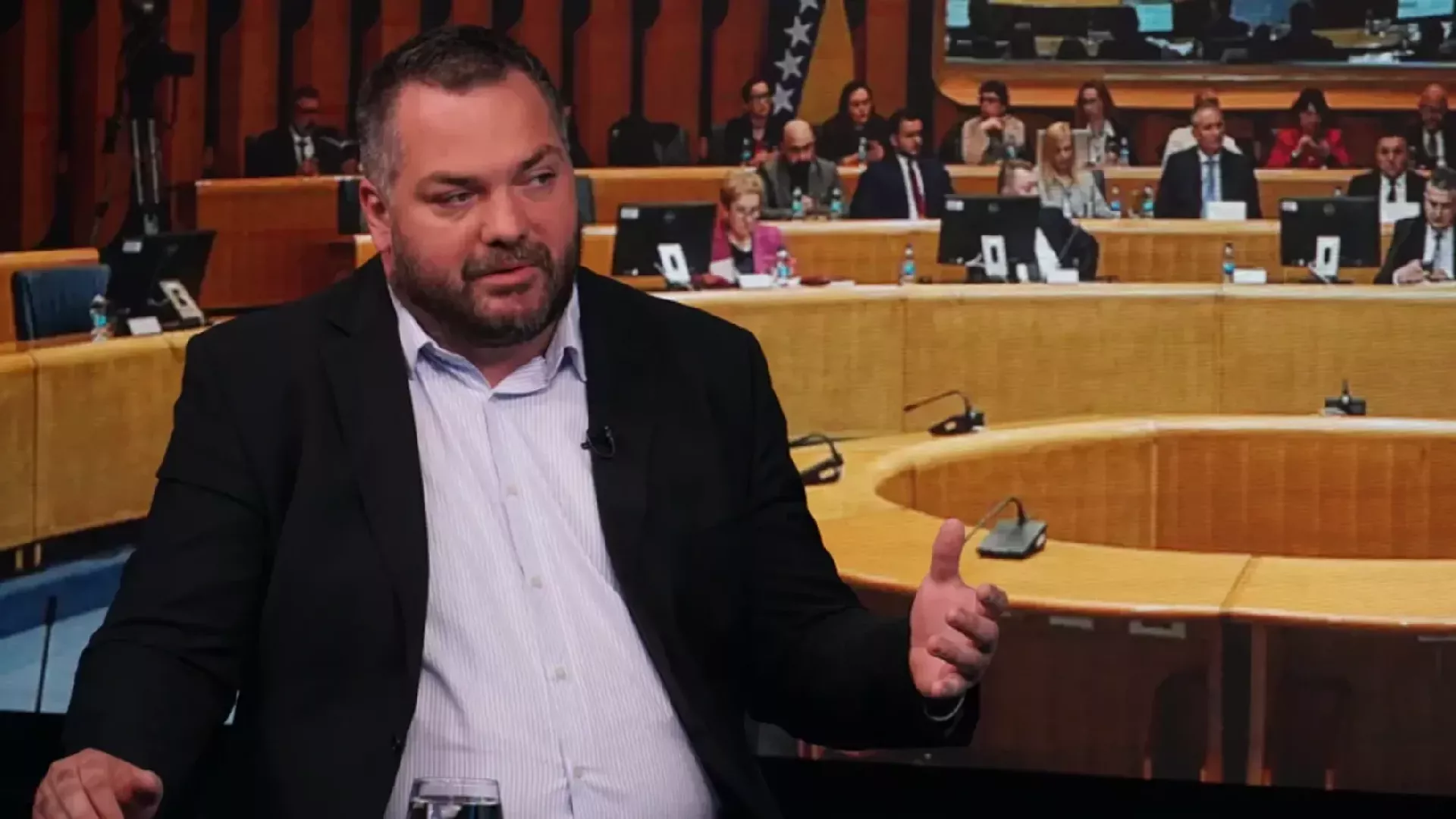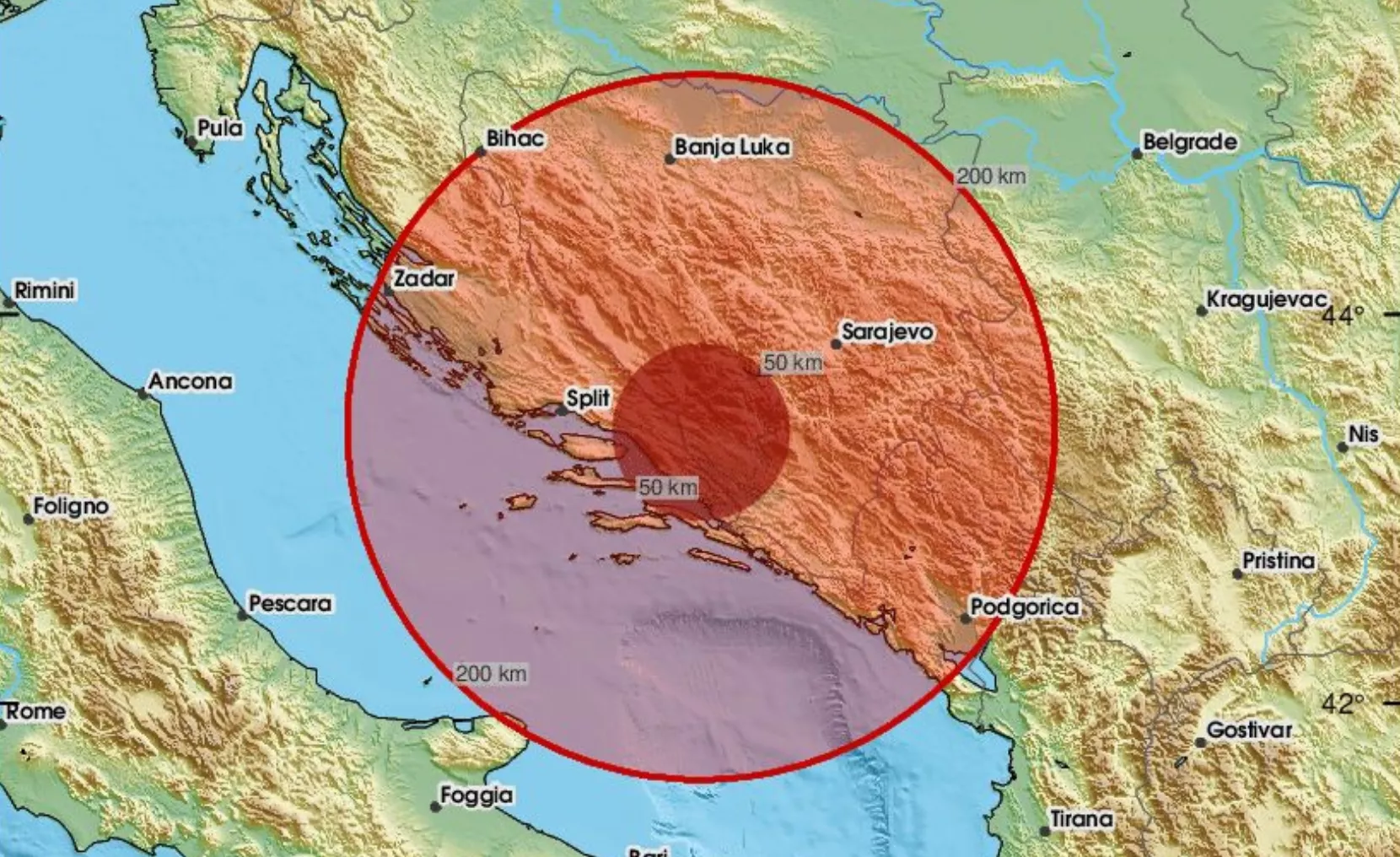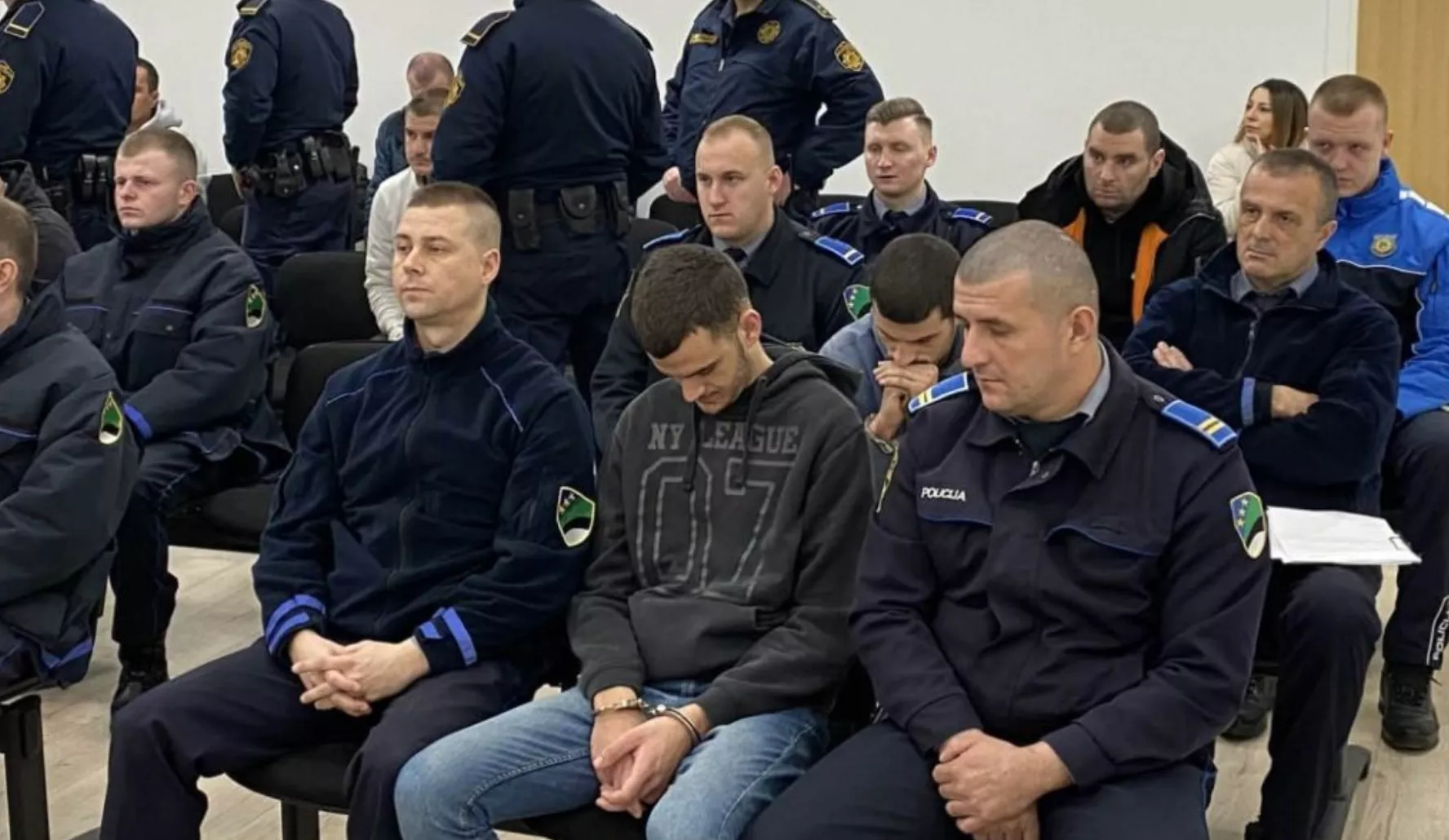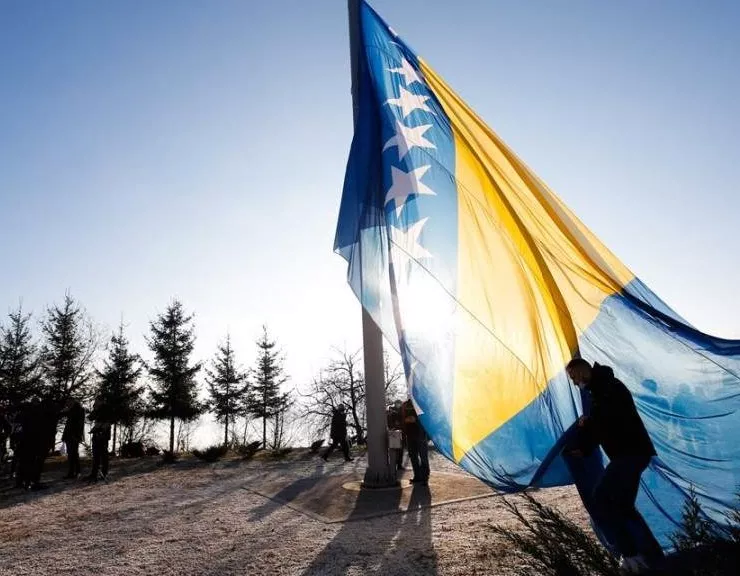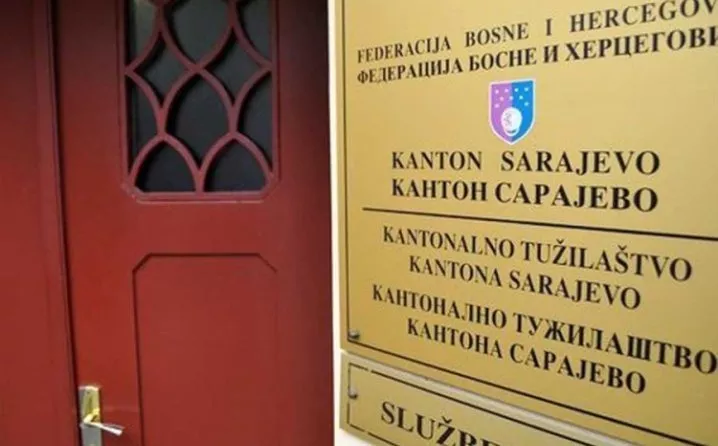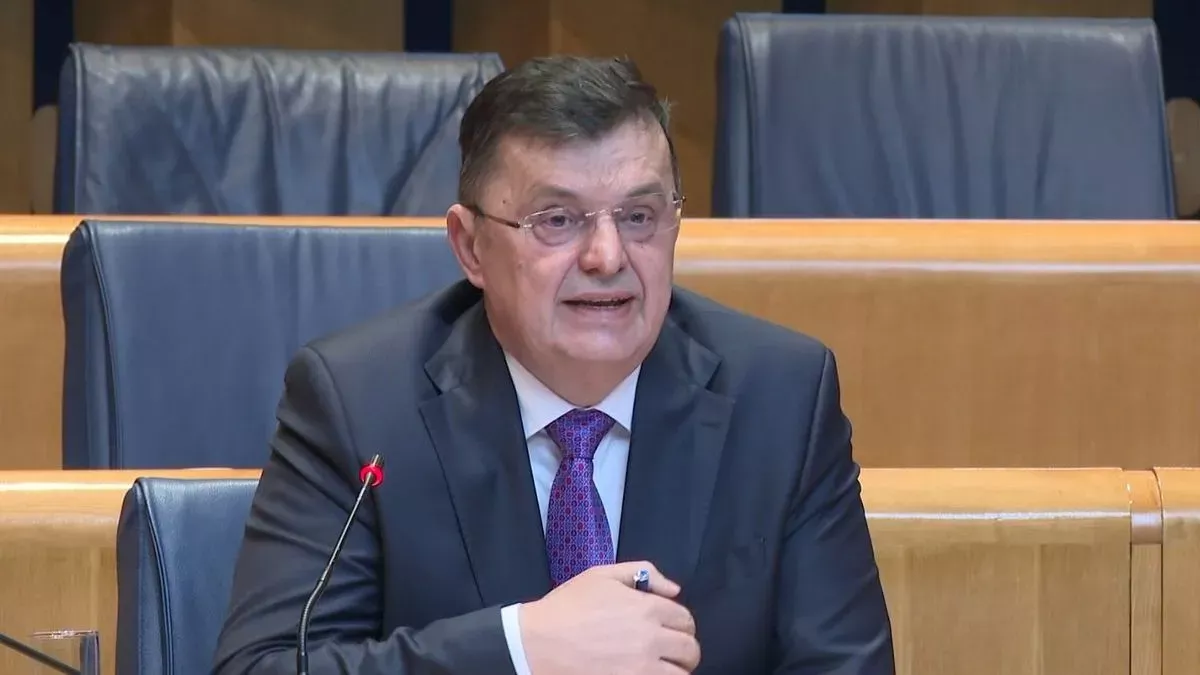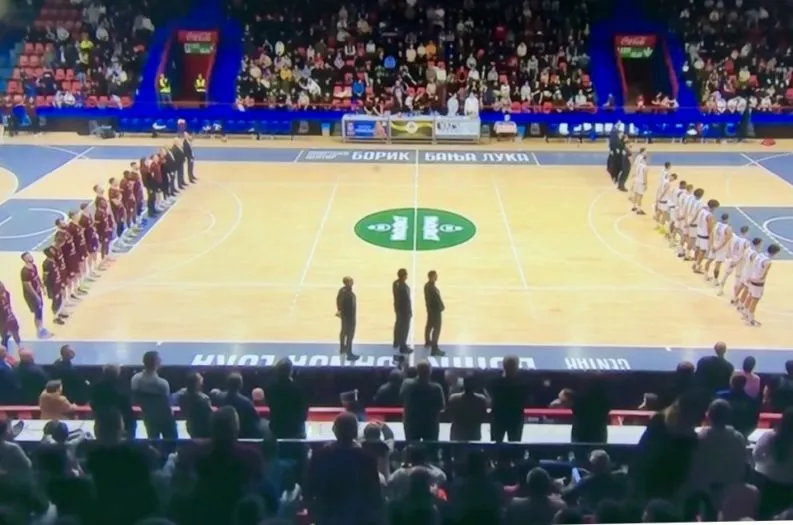

.jpg.webp)
It is very interesting how Vucic behaves towards Croatia. He will do whatever it takes to become an ally with Zagreb, and keeps hoping that some sort of cooperation will be established between the government in Zagreb and the one in Belgrade - against Bosniaks, said Davor Gjenero, an independent political consultant from Zagreb. Gjenero made comments on the latest statement by the Serbian president Aleksandar Vucic, who had said that 'the Croats in BiH made a mistake thinking they would not need a third entity'.
Speaking as a guest on TV Pink talk show last Monday, Vucic said that the Croats in Bosnia and Herzegovina, just like Serbs in Kosovo, made the same mistakes in the past ''thinking that they would not need an entity in BiH because 'the entire Herzeg Bosnia is ours''.
And, then, Vucic added, they have lost Vares, the municipalities in central Bosnia, while Bosniaks have become a majority, as well as Bugojno, Travnik, and 'they are losing Gornji Vakuf'.
'They are losing one town after another', observed Vucic.
Gjenero thinks that Vucic has failed in his attempts in advance, because nobody in Croatia thinks that it would be good if the Croats in BiH had their own entity.
'Croatia's stance is often not clear enough, not fully defined, often not well explained, however, nobody in the official Zagreb advocates for the third entity concept. They are terrified by the concept of the third entity... The only problem is that a part of political arena, because of their own election interests, does not dare to say out loud what the president Mesic was saying throughout his entire mandate. His key message to the Croats in BiH was: 'Sarajevo is your capital and you have to solve your problems in Sarajevo in an alliance with Bosniaks', explained Gjenero to Patria, emphasizing that everybody in Zagreb are well aware that the only road to consolidation of Bosnia and Herzegovina is via consolidation of Federation i.e. creating an alliance between Croats and Bosniaks that will result in opening of BiH towards the Euro Atlantic structures.
'All the ideas relating to the third entity are actually meant to suggest to Zagreb that it could have some benefit of Russian influence in Bosnia and Herzegovina, and in the region at large. Fortunately, nobody relevant in Zagreb would buy into it. It is neither the stance of HDZ nor the stance of SDP nor the one of center parties. There's this interesting situation relating to the party of Ms. Esih and Mr. Hasanbegovic, which is radical right, when it comes to the politics towards BiH, they represent the politics that would even I as a liberal democrat support, which is the politics of BH integralism', said Gjenero.
'There's this margin in the politics, of course, that leans towards the third entity. However, it is becoming obvious even to the Croats in BiH that the third entity concept is getting reduced to counter democratic forces that are, this way or another, aggregated with the Russian political influence', observes Gjenaro.
Asked is intensive cooperation between Dragan Covic, Milorad Dodik and Aleksandar Vucic could be viewed in the same context, the Croatian analyst explained that the United States understood that politics 10 years ago.
'Ten years ago, Americans perceived the Russian background in Dragan Covic's policy; that's why nothing related to Dragan Covic invites any affection from the West, concludes Gjenero.

